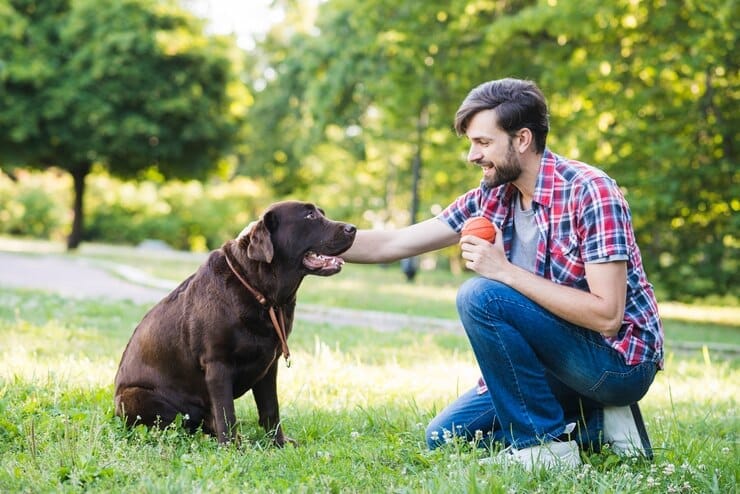Regular veterinary check-ups play a vital role in ensuring the health and well-being of your beloved canine companion. Just like humans, dogs require regular medical care to detect and prevent potential health issues. But how often should you take your dog to the vet?
Let's explore the factors that determine the frequency of vet visits and the recommended schedule for different life stages. It is essential to consider the age, overall health, past medical history, breed, and size of your dog.
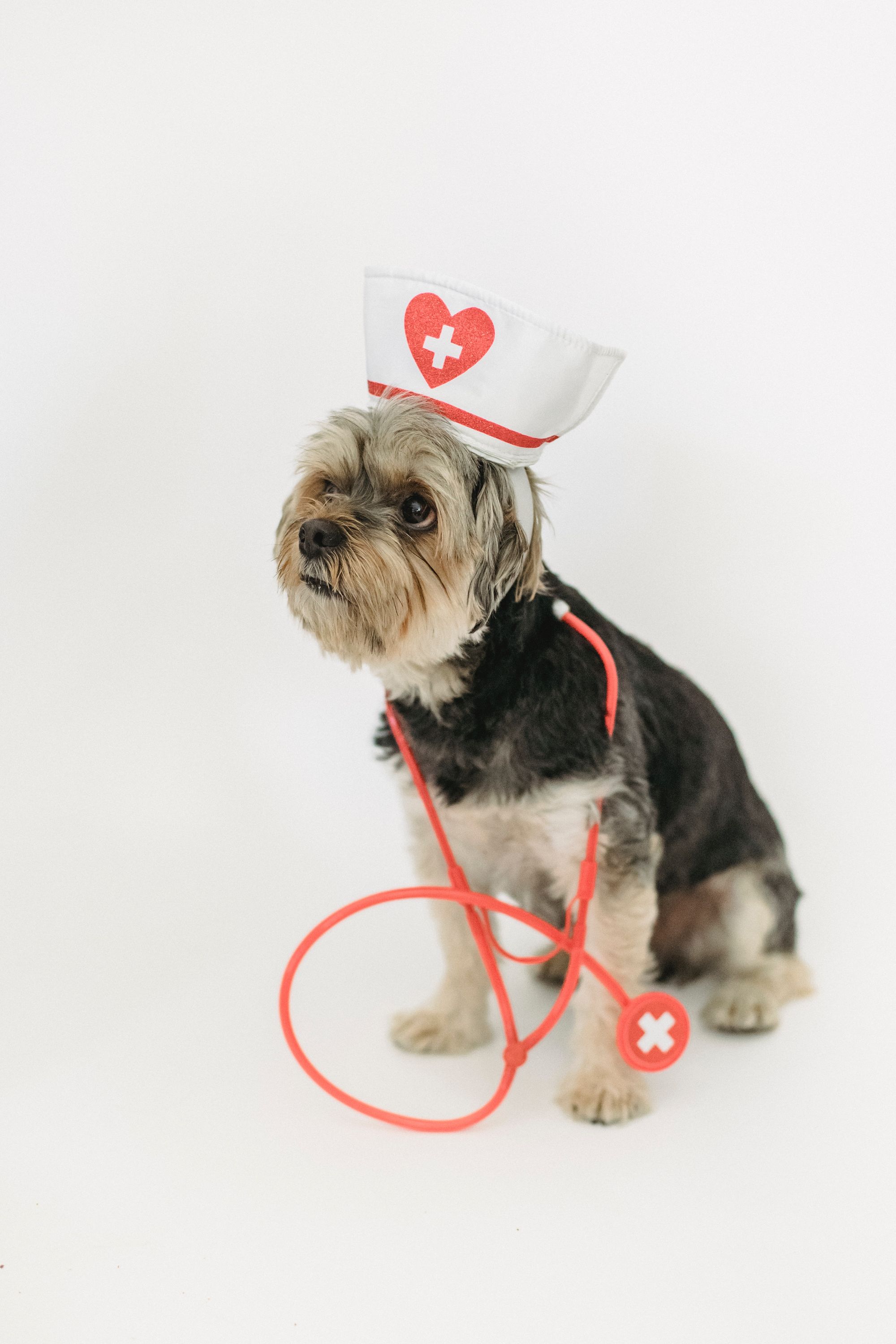
For example, puppies require more frequent visits compared to adult or senior dogs. certain signs, such as changes in eating habits, weight fluctuations, behavioral changes, and alterations in elimination patterns, may indicate the need for an unscheduled vet visit. preventive care measures like vaccinations, parasite prevention, dental care, proper nutrition, and exercise are crucial in keeping your furry friend healthy. By understanding the importance of regular vet visits and implementing preventive care measures, you can ensure that your dog remains happy and healthy for years to come.
Why Regular Vet Check-ups are Important for Dogs
Regular vet check-ups are crucial for the health and well-being of our furry companions. Discover the importance of these routine visits for our dogs and how they contribute to their overall canine health. Uncover the benefits that come with these regular vet check-ups, ensuring our canine friends receive the necessary care and attention they deserve. Let's dive into why these routine visits play a vital role in keeping our dogs happy and healthy.
Importance of Routine Vet Visits for Canine Health
Routine vet visits are of utmost importance for the overall health and well-being of dogs. Regular check-ups play a crucial role in detecting any potential health issues early on, ensuring prompt treatment, and preventing the development of more serious conditions. Here, we highlight the importance of routine vet visits for canine health:

1. Early detection and prevention: Regular vet visits allow for thorough physical examinations, which can help identify any underlying health problems that may not be immediately visible. By detecting issues early, appropriate measures can be taken to prevent them from progressing or causing further harm.
2. Vaccinations: Routine vet visits are essential for keeping dogs up to date on their vaccinations. Vaccinating your dog protects them from various contagious diseases, ensuring their immune system is strong and capable of fighting off infections.
3. Parasite prevention: Regular vet visits enable the implementation of preventative measures against parasites such as fleas, ticks, and worms. These parasites can cause a range of health issues, and preventative treatments recommended by a vet can help keep them at bay.
4. Dental care: Dental health is crucial for dogs' overall well-being, and routine vet visits can facilitate proper dental care. Vets can perform dental cleanings and address any dental issues, ensuring that your dog's teeth and gums are healthy.
5. Nutritional guidance and exercise: Vets can provide valuable advice on nutrition and exercise tailored to your dog's specific needs, promoting optimal health and preventing obesity-related issues.
Routine vet visits are vital for maintaining your dog's health and preventing future complications. By prioritizing regular check-ups, you are ensuring that your furry friend receives the necessary care, monitoring, and guidance for a long and healthy life.
What Factors Determine How Often You Should Take Your Dog to the Vet?
Curious about how often you should take your furry friend to the vet? Well, the answer depends on several crucial factors. In this section, we'll dive into what determines the frequency of your dog's vet visits. From the age of your pup to their breed and size, each aspect plays a vital role in determining their healthcare needs. Their overall health and past medical history come into play. So, let's unravel the key factors that guide how often you should schedule those vet appointments for your beloved canine companion.
Age of the Dog
When considering the age of the dog, there are certain factors to keep in mind regarding their veterinary care:
- Puppyhood: During this critical stage of development, puppies require more frequent vet visits. They need vaccinations to protect against infectious diseases and to receive deworming treatments to prevent parasites. Puppies should visit the vet every 3-4 weeks until they are around 16 weeks old.
- Adult Dogs: Once a dog reaches adulthood, their veterinary needs change. A healthy adult dog should visit the vet at least once a year for a wellness check-up. This includes a physical examination, vaccinations as needed, and preventive care discussions.
- Senior Dogs: Older dogs may require more frequent vet visits due to age-related health issues. Senior dogs should see the vet every 6 months for check-ups to monitor their overall health, manage chronic conditions, and address any emerging concerns.
It's important to note that the frequency of vet visits may vary depending on the individual dog's health and specific needs. If a dog shows signs of illness or injury at any age, it's crucial to seek veterinary care promptly.
Providing appropriate veterinary care for dogs throughout their lives, tailored to their age-specific needs, is essential for maintaining their overall health and well-being.
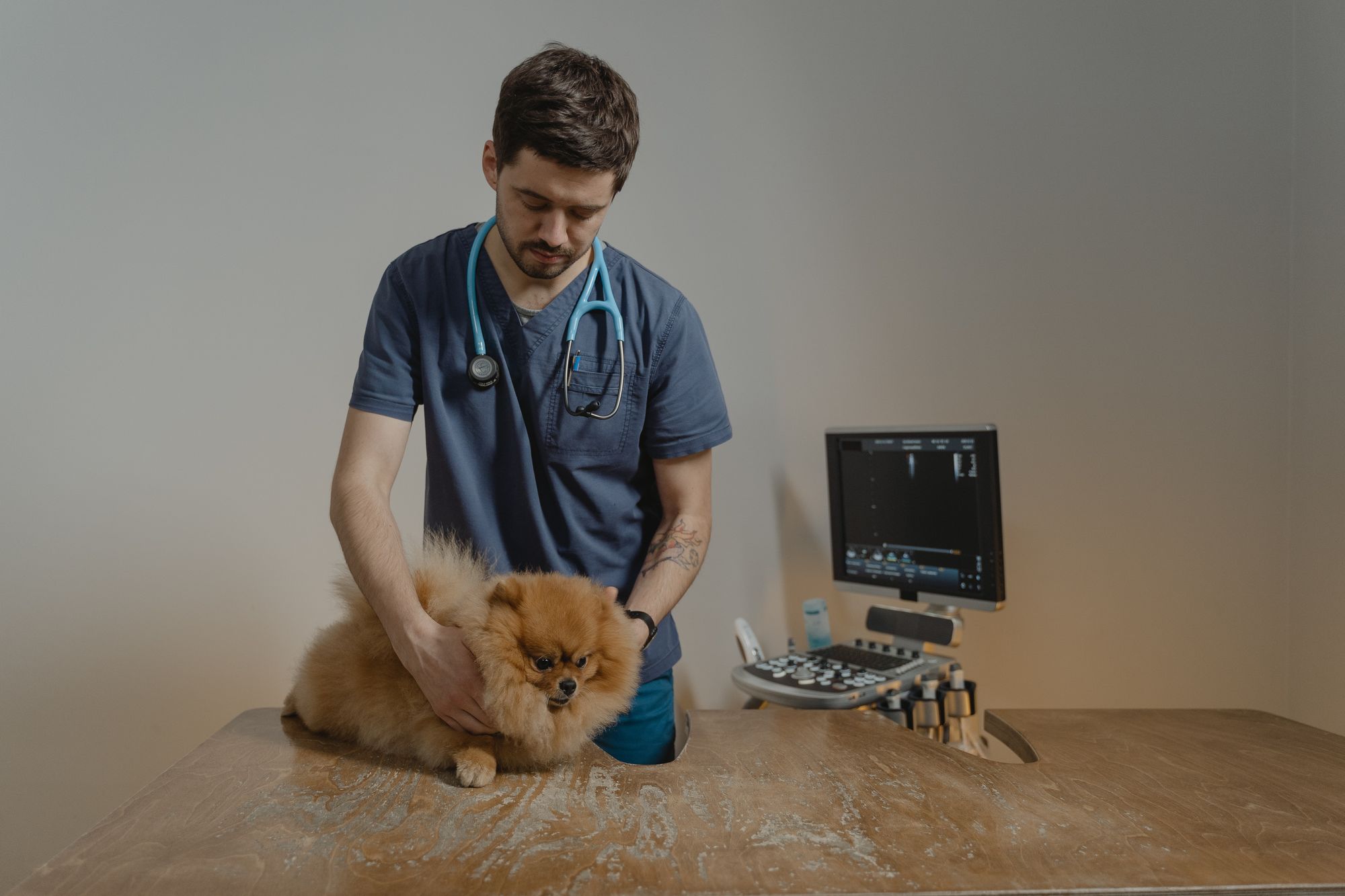
Breed and Size
When considering regular vet check-ups for your dog, one important factor to take into account is the breed and size of your furry friend. Different dog breeds and sizes have unique health needs and may require specialized care.
To better understand this, let's take a look at a table showcasing some specific health considerations for different breeds and sizes:
| Breed/Size | Health Considerations |
|---|---|
| Small Breeds (e.g., Chihuahua, Dachshund) | Prone to dental issues, patellar luxation, and obesity. |
| Medium Breeds (e.g., Beagle, Bulldog) | Susceptible to hip dysplasia, allergies, and certain cancers. |
| Large Breeds (e.g., Labrador Retriever, German Shepherd) | Prone to joint problems like hip and elbow dysplasia, bloat, and certain heart conditions. |
| Giant Breeds (e.g., Great Dane, Saint Bernard) | Susceptible to bone and joint disorders, gastric dilatation-volvulus (GDV), and certain cancers. |
Understanding the specific health concerns associated with your dog's breed and size can help you prioritize their well-being. Regular vet check-ups are crucial to monitor these potential health issues and address them promptly.
By being proactive, you can ensure that your dog receives the necessary preventive care, such as vaccinations, parasite prevention, regular dental care, and a balanced diet tailored to their breed and size. Regular exercise is also essential to keep your furry friend healthy and active.
Remember, each dog is unique, and their individual needs may vary even within the same breed and size category. Consulting with your vet will provide you with personalized guidance on how often you should schedule check-ups to maintain your dog's optimal health.
By considering your dog's breed and size, you can give them the best possible care and promote their overall well-being.
Recommended Frequency for Routine Vet Visits
Regular visits to the vet are crucial for keeping our furry friends in good health. In this section, we'll uncover the recommended frequency for routine vet visits, ensuring that your canine companion receives the proper care throughout their life. Whether they are in their playful puppyhood, energetic adult stage, or graceful senior years, we'll explore how often each stage requires a check-up. So, let's dive in and discover the optimal veterinary care for your beloved dog.
Signs that Indicate the Need for an Unscheduled Vet Visit
Wondering how frequently you should bring your furry friend to the vet? Look no further! Today, we'll explore the signs that indicate the need for an unscheduled vet visit. From changes in eating and drinking habits to weight fluctuations, behavioral changes, and shifts in urination or defecation patterns, we'll cover it all. So, keep an eye out for these telltale signs to ensure your beloved pet receives the necessary care and attention.
Changes in Eating and Drinking Habits
Changes in eating and drinking habits can be a possible sign suggesting underlying health concerns in dogs. Dog owners should remain attentive to these changes as they can provide valuable insights into their furry companion's well-being. If your dog suddenly shows a lack of interest in food or water, it could indicate a digestive issue or illness. Additionally, modifications in their eating and drinking patterns might be related to dental problems like gum disease or tooth decay. Therefore, it is crucial to regularly monitor their appetite and thirst levels to ensure they are consuming food and water as normal.
On the contrary, excessive eating or drinking may be cause for concern. This behavior could point to the presence of diabetes or other metabolic disorders. If you observe your dog consuming significantly larger amounts of food or water than usual, it is advisable to seek advice from a veterinarian to exclude any potential underlying health conditions.
Another change to be vigilant about is if your dog suddenly develops an aversion to certain foods or develops a preference for new ones. These alterations might indicate shifting taste preferences or potential food allergies. It is important to provide a well-balanced diet for your dog and consult a veterinarian if you notice significant changes in their eating habits.
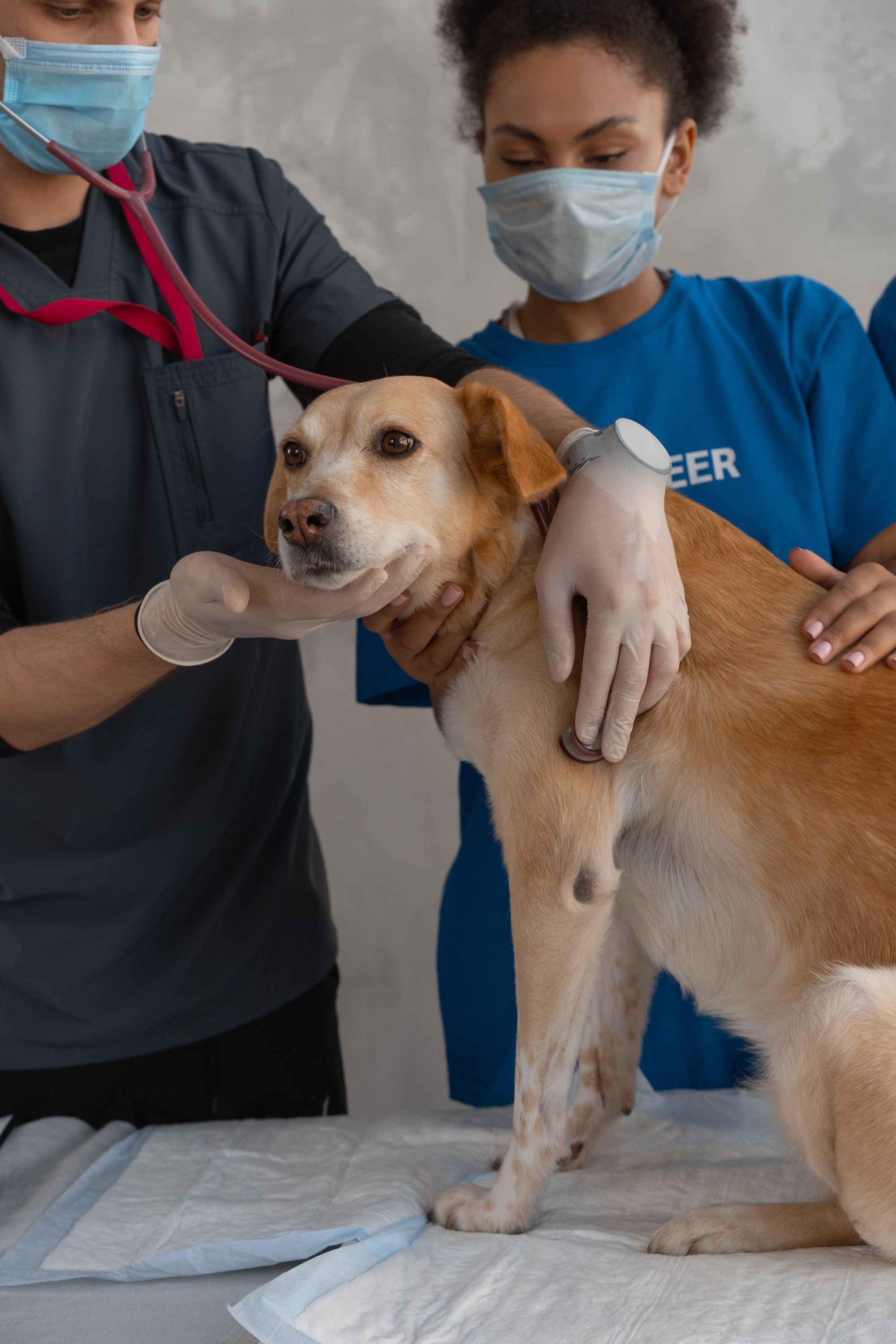
Weight Loss or Gain
When it comes to your dog's health, weight loss or gain is an important factor to consider. Here are some key points to keep in mind:
My friend's dog, Max, started losing weight rapidly even though his appetite remained the same. Worried, she took him to the vet who discovered that Max had an underlying thyroid problem. With proper medication and dietary adjustments, Max's weight stabilized, and he regained his energy and overall health.
- Weight loss: If your dog starts losing weight suddenly and without any apparent reason, it could be a cause for concern. Sudden weight loss in dogs can be a sign of underlying health issues such as parasites, gastrointestinal problems, or metabolic disorders. It's important to monitor your dog's weight and consult with a vet if you notice any significant weight loss.
- Weight gain: Obesity is a common problem in dogs and can lead to various health issues, including diabetes, joint problems, and cardiovascular disease. If your dog is gaining weight excessively and becoming overweight, it's important to address it through proper nutrition and exercise. Your vet can guide you on creating a balanced diet and exercise plan to help your dog maintain a healthy weight.
- Monitoring body condition: Regularly assessing your dog's body condition can help you identify any changes in weight. You can use a body condition scoring system to determine if your dog is at an ideal weight, underweight, or overweight. If you notice any significant changes, consult with your vet for guidance.
- Diet and exercise: Proper nutrition and regular exercise are crucial for maintaining a healthy weight in dogs. Your vet can recommend a suitable diet based on your dog's nutritional needs and activity level. Regular exercise not only helps with weight management but also contributes to your dog's overall well-being.
Remember, every dog is unique, and their weight management needs may vary. It's important to consult with your vet to determine the best course of action to address weight loss or gain in your dog.
Behavioral Changes
Behavioral changes in dogs can be indicative of underlying health issues and should not be ignored. It is important to pay attention to any changes in your dog's behavior as it can be a signal that something is wrong.
1. Increased aggression or irritability could be a sign of pain or discomfort. If your dog starts growling or snapping without provocation, it is best to consult a veterinarian to rule out any medical conditions.
2. Excessive lethargy or lack of energy could indicate an underlying illness. If your dog suddenly becomes less active or seems constantly tired, it is important to seek veterinary attention.
3. Changes in appetite or eating habits can also be a red flag. If your dog suddenly starts eating significantly more or less than usual, it may be a sign of a medical issue or underlying disease.
4. Increased vocalization or excessive barking may indicate separation anxiety or stress in your dog. If your dog is barking more frequently or seems excessively anxious, it is advisable to consult with a veterinarian for guidance on managing their behavior.
5. Sudden changes in bathroom habits, such as increased accidents or difficulty urinating, could be a sign of a urinary tract infection or other medical condition.
It is crucial to remember that every dog is unique, and behavioral changes can have various causes. Consulting a veterinarian is essential for accurate diagnosis and proper treatment.
Changes in Urination or Defecation Patterns
Changes in Urination or Defecation Patterns can be indicative of underlying health issues in dogs. It is important for pet owners to pay close attention to any changes in their dog's bathroom habits. Here are some key points to consider regarding Changes in Urination or Defecation Patterns in dogs:
1. Increased frequency or urgency: If your dog starts urinating or defecating more often than usual, it could be a sign of a urinary tract infection or gastrointestinal issue. These conditions may require veterinary attention to determine the underlying cause and provide appropriate treatment.
2. Straining or difficulty: Difficulty or straining during urination or defecation may indicate problems such as bladder stones, constipation, or anal gland issues. Prompt veterinary care can help alleviate the discomfort and address the underlying issue.
3. Changes in color or consistency: Any significant changes in the color or consistency of urine or stool should be noted. For example, blood in the urine or diarrhea could be signs of infection, parasites, or other health concerns.
4. Accidents or inappropriate elimination: Sudden accidents or instances of inappropriate elimination in previously house-trained dogs may be a red flag. It could indicate a urinary or bowel problem, behavioral issues, or even a urinary tract infection.
5. Excessive licking: Excessive licking around the genital or anal area may suggest discomfort or irritation. It could be due to urinary tract infections, allergies, or anal gland problems.
If you notice any changes in your dog's urination or defecation patterns, it is important to consult your veterinarian. They can assess the situation, conduct necessary tests, and provide appropriate treatment to ensure your dog's well-being.
Preventative Care Measures to Keep Your Dog Healthy
Keeping your furry friend in good health and happiness is every happy dog owner's top priority. In this section, we will explore essential preventative care measures that can ensure your dog's overall well-being. From vaccinations to parasite prevention, regular dental care, and proper nutrition and exercise, we will uncover key tips and insights to keep your canine companion on the path to optimal health. So, let's dive into these crucial aspects of dog care and discover how to provide the best possible preventive care for your beloved four-legged friend.
Vaccinations
are crucial to maintaining your dog's health and preventing the spread of infectious diseases. It is important to follow the recommended vaccination schedule provided by your veterinarian.
Here are important facts to consider about vaccinations for your dog:
- Vaccinations protect against common and potentially deadly diseases such as rabies, distemper, parvovirus, and hepatitis.
- Puppies should receive a series of vaccinations starting at six to eight weeks of age. These initial vaccinations help to boost the puppy's immune system and provide protection against diseases.
- Booster shots are necessary to ensure ongoing immunity. Your veterinarian will determine the appropriate schedule for booster vaccinations based on your dog's lifestyle and risk factors.
- Core vaccinations, such as those for rabies and distemper, are recommended for all dogs regardless of their exposure risk. Non-core vaccines, such as those for Lyme disease or canine influenza, may be recommended based on your dog's individual needs and the prevalence of these diseases in your area.
- Vaccination provides an essential layer of protection not only for your dog but also for the community by preventing the spread of diseases to other animals.
- Adverse reactions to vaccines are rare but can occur. If your dog experiences any adverse reactions, contact your veterinarian immediately.
- Keep a record of your dog's vaccinations and provide this information to your veterinarian for future reference.
Parasite Prevention
When it comes to keeping your dog healthy, parasite prevention is of utmost importance. By proactively taking measures, you can safeguard your furry friend from harmful parasites that can cause various health issues. Here are some important aspects to consider:
- Regular use of preventative medications: Administering monthly flea and tick preventatives, such as topical treatments or oral medications, can effectively keep parasites away. These medications work by eliminating and repelling parasites before they have a chance to infest your dog.
- Frequent grooming: Regularly brushing your dog's coat not only helps maintain cleanliness and prevent tangles, but it also enables you to inspect for any signs of fleas, ticks, or other external parasites. If you notice anything unusual, it is advisable to consult your veterinarian for appropriate treatment.
- Maintain a clean living environment: Keeping your dog's living area clean is crucial for preventing parasites. It is essential to regularly clean and vacuum your home, wash your dog's bedding, and remove any debris from the yard where parasites can thrive.
- Regular veterinary check-ups: Routine visits to your veterinarian can ensure that your dog is up to date on parasite preventatives and receives any necessary vaccinations. Your vet can also conduct thorough examinations and screenings to detect any signs of parasites or their presence.

Fact: Did you know that parasites can transmit diseases to both humans and animals? By prioritizing parasite prevention for your dog, you not only safeguard their health but also protect the well-being of your entire family.
Regular Dental Care
Regular dental care is crucial for maintaining your dog's oral health and overall well-being. Here are some key aspects to consider when it comes to prioritizing regular dental care for your furry friend:
- Brushing: Regular dental care includes brushing your dog's teeth to prevent plaque and tartar buildup. Make sure to use a dog-specific toothbrush and toothpaste and brush their teeth at least 2-3 times a week.
- Dental chews and toys: By providing your dog with appropriate dental chews and interactive dog toys, you can contribute to their regular dental care. These products aid in removing plaque and maintaining clean teeth. Remember to choose items specifically designed to promote dental health.
- Professional dental cleanings: Just like humans, dogs may require regular dental care through professional dental cleanings by a veterinarian. These cleanings involve a thorough examination of the oral cavity, scaling, and polishing of the teeth. The frequency of professional cleanings will depend on your dog's individual needs and the condition of their oral health.
- Oral rinses and water additives: To complement regular dental care, consider using oral rinses and water additives. These additional measures aid in promoting dental health by reducing bacteria in the mouth and freshening your dog's breath.
- Regular check-ups: During routine vet visits, your veterinarian will also examine your dog's teeth and gums as part of their regular dental care. They can detect any signs of dental issues, such as periodontal disease or tooth decay, and provide appropriate treatment or recommendations.
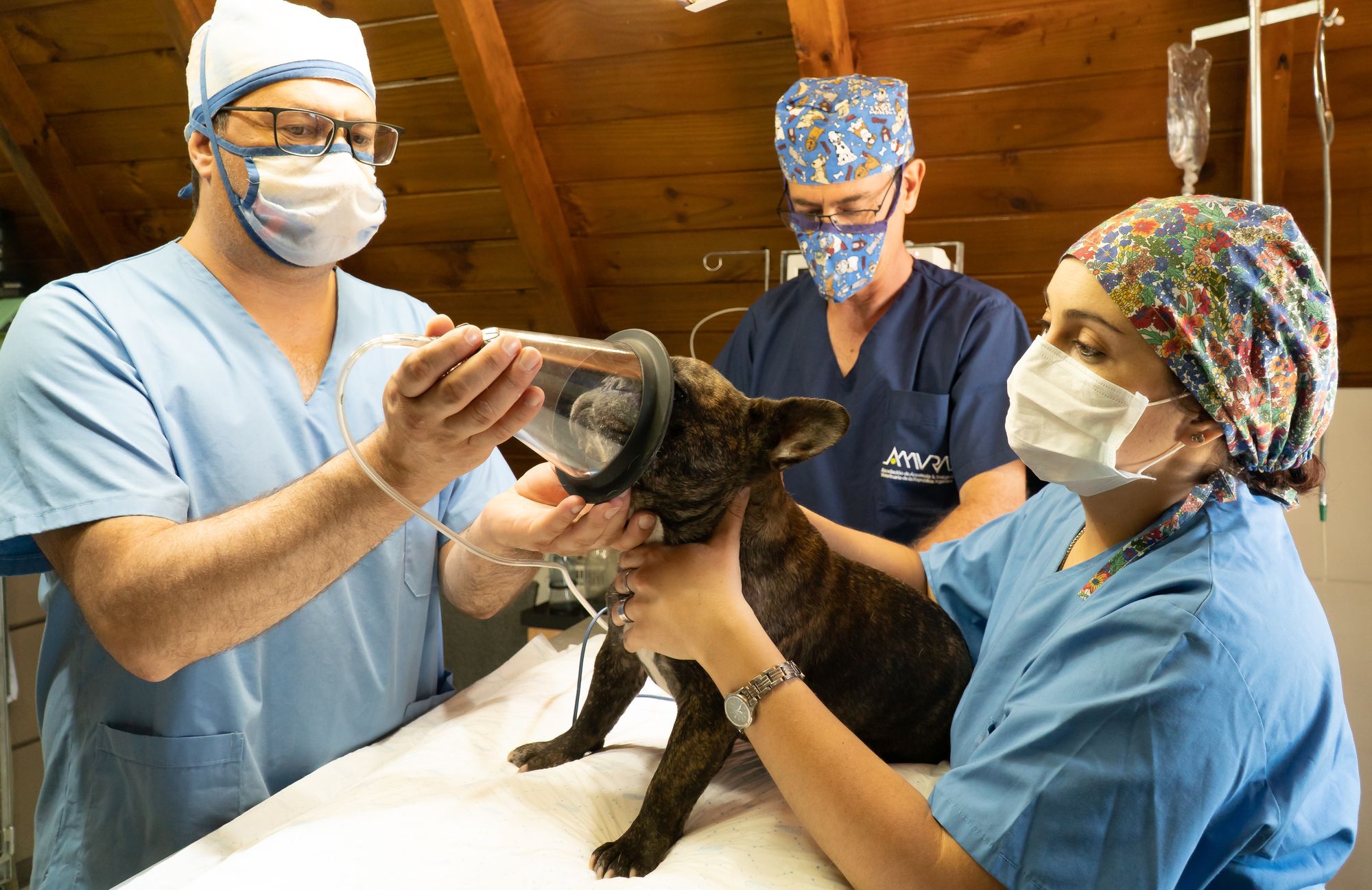
Proper Nutrition and Exercise
Proper nutrition and exercise are crucial for maintaining the overall health and well-being of your dog. It is essential to naturally provide your furry friend with a balanced diet and incorporate regular physical activity to ensure they stay fit and active.
Feeding your dog a nutritious diet is of utmost importance for their growth and development. To achieve a well-balanced diet, it should incorporate high-quality protein, healthy fats, carbohydrates, vitamins, and minerals. By combining these nutrients properly, you can effectively support their immune system, promote healthy digestion, and provide them with the energy they need.
Incorporating exercise into your dog's daily routine is equally vital. Regular physical activity plays a significant role in preventing obesity, improving cardiovascular health, and enhancing muscle strength. Furthermore, exercise stimulates their mental well-being, reduces behavioral issues, and strengthens the bond between you and your dog.
Some Facts About How Often Should I Take My Dog to the Vet:
✅ Annual check-ups are important for all dogs and should include a complete physical examination. (Source: Rover Blog)
✅ Preventative care, such as good nutrition and regular vet care, can benefit a dog's health. (Source: Rover Blog)
✅ During annual exams, the vet will check the dog's overall health, update vaccinations, and provide recommendations for nutrition and dental care. (Source: Rover Blog)
✅ Regular vet visits can help detect illnesses or issues early, leading to successful treatment. (Source: Rover Blog)
✅ In-home vet visits are a convenient and affordable option for some pet owners. (Source: Rover Blog)
Technology that can help
A great way to watch your dog more carefully is with a GPS and activity collar like the Fi Smart Collar. This device tracks how many steps your dog takes during the day. This can be helpful for your veterinarian to see and make sure your dog is getting enough activity.
The collar also tracks sleep which can be another helpful tab to have and show your veterinarian. Sleep and activity are very important in a dog's life. You can measure your stats compared to other dogs of the same breed and size.

Preventative care
Making sure your dog has a good diet and the proper exercise is the best way to ensure that they live a long and happy life. While you are at your vet exam with your puppy, you can talk about what is the best type of food for your puppy.
There are plenty of different types of food that is good for your dog but it would be best to consult with your vet so they can make that choice with you. You should start feeding them properly as young as soon as you can.
The Takeaway
How often you need to see the vet with your dog is dependent on your dog’s age, lifestyle, and breed. Here are some general guidelines to follow for their health:
- Puppies should be taken to the vet every 3-4 weeks until they are 16 weeks old
- After the six months, your dog should be spayed or neutered
- For adult dogs, annual vet visits for checkups and booster shots are usually sufficient as preventative care.
- A vet may recommend a visit twice a year after older dogs reach 7-10 years – these visits will include a more in-depth wellness exam and blood work to detect health conditions that occur due to aging.
Conclusion
Hopefully, you now know how often you should take your dog to the vet. Puppies, senior dogs, or dogs with health conditions need to see the vet more often. Healthy adult dogs should see the vet once a year.
If you have specific questions about your check-up schedule, speak to your veterinarian directly. They can help you develop a schedule and health care plan that works for you and your dog
Frequently Asked Questions
- How often should I take my dog to the vet for check-ups?
- Annual check-ups are important for all dogs, regardless of their age or breed. It is recommended to take your dog to the vet once a year for a complete physical examination and to assess their overall health.
- How frequently should I bring my puppy to the vet for vaccinations
- Puppies should have monthly wellness exams and vaccinations until they are 16 weeks old. It is important to follow this schedule to ensure their protection against common diseases such as distemper, hepatitis, leptospirosis, parainfluenza, parvo, corona, and rabies.
- Do adult dogs need regular vet visits?
- Yes, adult dogs should have annual wellness exams, which may include boosters for distemper-parvo and rabies. Regular vet visits help detect potential illnesses or issues early, allowing for timely diagnosis and treatment.
- How often should senior dogs visit the vet?
- Senior dogs, typically aged seven to ten years and older, should have vet visits twice a year. These visits, including examinations and various tests, help monitor their health status closely and address any age-related issues promptly.
- Are there any additional vet visits needed based on a dog's age and breed?
- Yes, the frequency of vet visits may vary based on factors such as age, breed, and health. Puppies require more frequent visits during their first six months, while senior dogs and breeds prone to specific health concerns may need additional check-ups.
- Does pet insurance cover routine vet check-ups?
- Pet insurance typically does not cover routine check-ups. However, some policies offer optional wellness plans that may cover part of the cost of vet visits. It's essential to review your policy and make informed choices about your furry friend's preventative health care.
